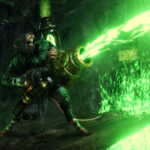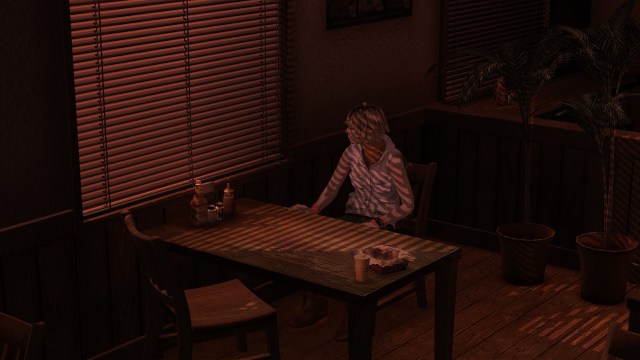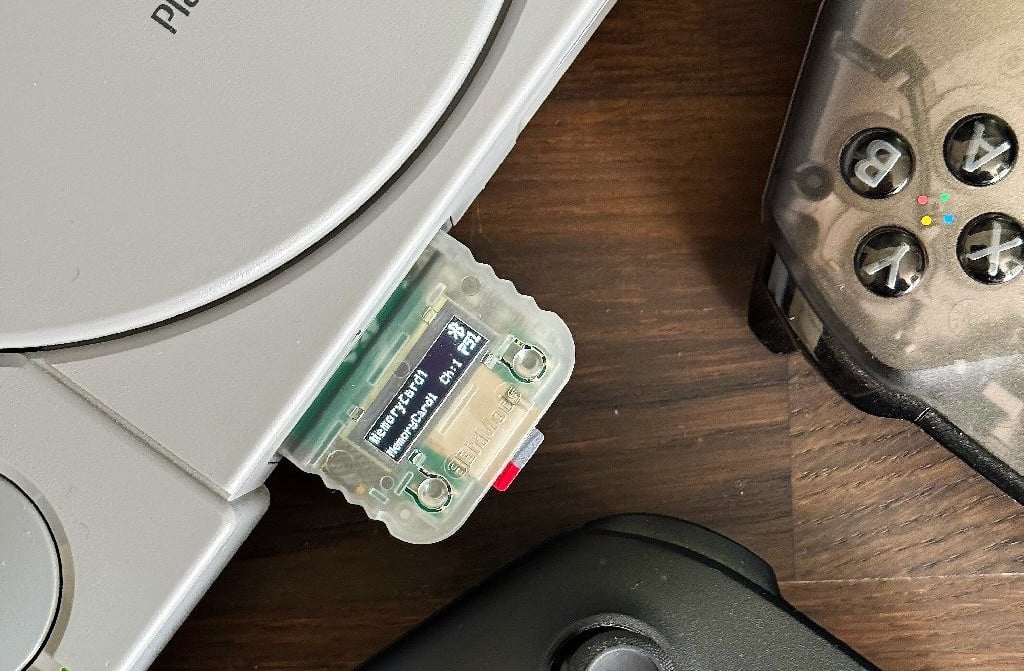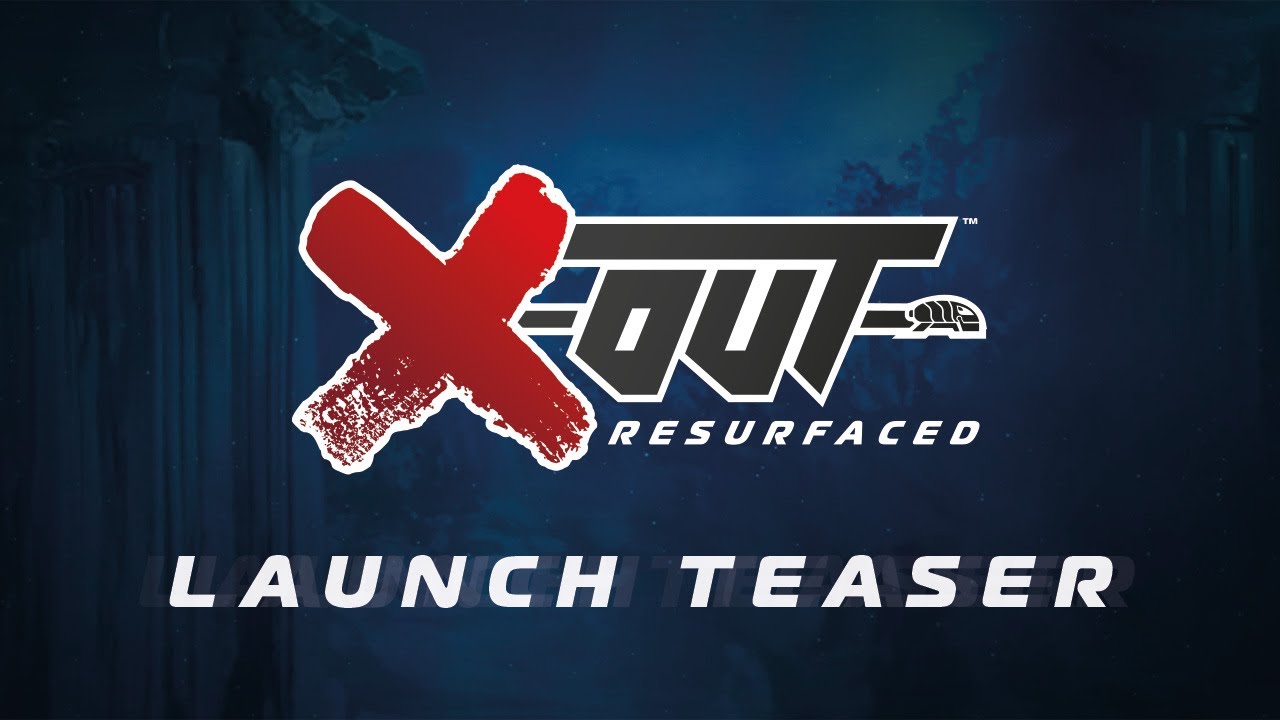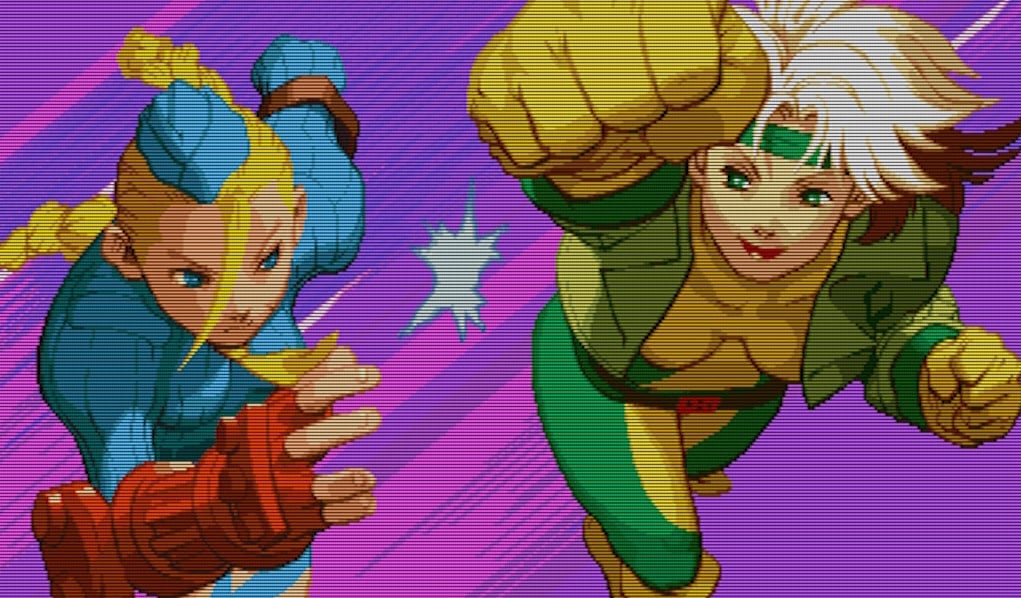Silent Hill 3 can be considered a fitting end to the original trilogy, showing how far the series has come. It is actually a canonical sequel to the first game, making the Silent Hill 2 more like a spin-off game that can stand on its own. Released just two years after Silent Hill 2, the game was originally planned to be a rail shooter, following somewhat slow sales of SH2 in Japan. Once again developed by Team Silent, the game this time draws inspiration from the movie Jacob’s Ladder and works by Stephen King. Development this time around, was shorter compared to the one that developed SH 2 a few years prior.
The story follows a teenage girl, Heather, who is chased by the cult members from the first game in an attempt to catch her so that they can revive their ancient god. The feelings of loneliness and alienation are present from the start and present clearly in the first two levels. It opens with a nightmare, and after waking up Heather will soon find herself in a real one. Finding herself in a seemingly abandoned mall, quickly turns into the Otherworld of itself, all decayed and dirty, which Heather takes as a clear sign that something is wrong.
Heather at first is dismissive about everything that is happening around her. She reacts naturally to the environment, making her character look more realistic and believable. At first, she is shocked and weirded out, trying to make sense of things. Later she is curious, and after that, she just wants to get to the bottom of things. Since she is a teenager (Heather is 17), she will also make snarky comments, but without sounding annoying. It’s that her comments are her coping mechanism to the whole situation. For the first half of the game, Heather’s goal is to simply go back home, which is a journey that will take several levels.
The gameplay is similar to the two previous games, meaning that there are familiar tank controls and a third-person view. Silent Hill 3 is divided into three gameplay phases, exploration, combat, and puzzles.
Right from the start you will get a flashlight and a radio, which work in what is now a tradition in Silent Hill games. The radio will play static sounds when enemies are nearby. One of the new features is that you can use items such as beef jerky to distract certain monsters. The controls are a bit more polished than in the previous game but can take some time to get used to. They can feel a bit disorienting, but that’s mostly until you get the hang of it, and thankfully the first room in the game is devoid of enemies. The camera also remained the same, and they are perpendicular to where Heather is currently standing.
The levels in the game are in the spirit of the first two games. The Otherworld is now traditionally presented as this decayed, rusted, dying world, with plenty of symbolism scattered around. Almost all of the places that Heather visits have at one point an Otherworld look, which is just equally annoying and unsettling. Even when explored in the “fog world”, they are just as scary and unnerving.
Several levels are cleverly reused throughout the game, such as the mall or the apartment buildings. One particular level that is creepy without the need for the Otherworld, is the subway level. Among other more memorable levels are the amusement park and the haunted house, and several great jumpscares it provides, like a real haunted house. The Amusement park level is visited twice with a clever twist if you previously paid attention. However, some levels have a small difficulty spike that can ruin, an otherwise great experience.
This also wouldn’t be a Silent Hill game without a hospital level, and it is particularly interesting since now you can now see it differently, through the eyes of a different protagonist. This level is also the best part of the game since it has some of the best puzzles and scares in it. One of the most memorable scenes is the mirror room, and its clever approach to the solution, as Heather’s mirror image stays in place.
The complete absence of the soundtrack during exploration only adds to the horror feel. Since the game was released just two years after the second game, SH 3 also revisits several levels it, such as the small part of the titular town.
Among other more memorable levels are the amusement park and the haunted house and several great jumpscares it provides, just like a real haunted house. The Amusement park level is visited twice with a clever twist if you previously paid attention. However, some levels have a small difficulty spike that can ruin, an otherwise great experience.
While exploring Silent Hill you will learn more about the history of the town and the cult. The game provides more background about the events from the first game as well, and they are an integral part of the story. Most of the puzzles in the game are designed with the plot or environment in mind. The decay of the Otherworld is done superbly, and each location makes sense in the context of the story, including the bosses. Otherworld levels, also have a lot of imagery and symbolism in them, tied to rebirth, family, motherhood, and loss, which are also some of the main themes in the game.
Heather can wield several weapons, plus a few unlockable ones once you beat the game, and start a new game plus mode. Early on your best friend is a pistol, until you can get your hands on the shotgun. Weapons aren’t a detriment in the game, but more of a tool that helps keep her alive throughout the game. If you prefer melee combat, then the katana is the best weapon to have.
Compared to the previous games, Silent Hill 3 is like a tour throughout the game’s history. If you played the previous games, you will already know the setting and what Silent Hill is all about. Playing the game, revisiting old places, and visiting Silent Hill again, gives you the impression of the lived in town.
Silent Hill 3 offers three difficulty levels for action and puzzles. I would recommend Easy for combat and Normal for puzzles for new players. The normal difficulty for puzzles requires paying attention to details, while on the Hard difficulty, you will have to think about them. At one point even to know the literature.
One thing that separates SH 3 from the rest, is that the exploration parts of the game can be more harder, because you are often in closed spaces, forced to fight or flee. The lack of a soundtrack and the sounds of Heather’s footsteps only add to the tension. However, the game is not perfect, and the backtracking can get tedious, especially in the beginning, and the whole sewer section could have been cut from the game, due to how bland it’s looking.
The game’s presentation is masterfully done, with once again an amazing soundtrack by Akira Yamaoka. The graphics still hold up surprisingly well, with their clean and fresh look, and are some of the best that PS2 has to offer. As always, the voice acting is good, and there is a distinct charm to it. It nails the atmosphere and tone that the game is going for, really well. Everything from the dreadful soundtrack to the more dramatic music gives you this idea of the looming horror ahead, where you don’t know what will come next. Presenting the fear of the unknown and the anticipation is difficult, yet the game does it really well, with clever execution.
The game did rather well and was received positively by fans and critics, eventually selling around 300k copies after six months. Silent Hill 3 is one of the games that you must play in the series and is often considered part of the Big 3 in the series. The game also has an HD remaster with new voice actors, but I recommend playing the original game first. It’s like a conclusion to the original trilogy, a fitting end to the trilogy. It’s like an escalation of everything that came before, making up one coherent and polished experience.
Like my review? Check out more of them (HERE)
The post Silent Hill 3 – Konami’s classic horror gets a review from Cola Powered Gamer appeared first on Old School Gamer Magazine.


